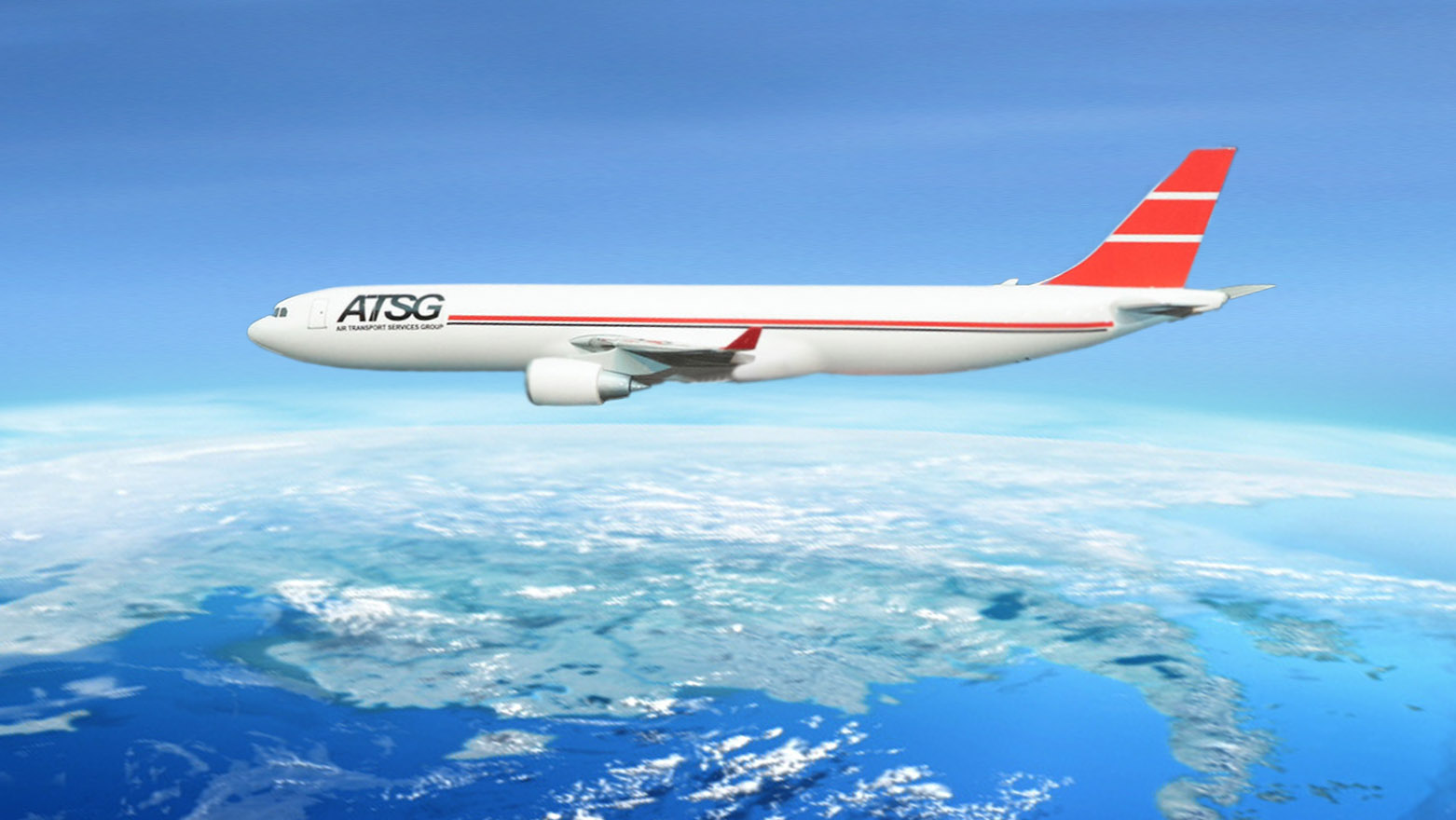ATSG reports record revenues but predicts block hour decline in 2023

Freighter aircraft lessor ATSG reported record revenues in 2022 but is expecting its block hours to decline this year.
The Wilmington, Ohio headquartered firm last year saw its revenues increase 18% year on year to $2bn, adjusted earnings before interest, tax, depreciation and amortisation (ebitda) increased 18% to $641m but net income declined 14.2% to $198.6m.
Block hours flown by ATSG’s cargo ACMI business were up 9% for the full year.
The improvement in revenues and adjusted ebitda was down to a full year of contributions from 15 new leases of 767-300s and seven more aircraft in CMI service.
Meanwhile, net income comparison for the year was skewed by $112m in proceeds from federal grant awards to ATSG’s passenger airline, Omni Air, under US government programmes created to support jobs among passenger carriers during severe cutbacks in passenger flying during the pandemic.
Rich Corrado, president and chief executive of ATSG, highlighted the firm’s investment programme: “We invested nearly $600m in our businesses which will allow us to take advantage of the continued attractive leasing market for midsize freighter aircraft.
“I expect those investments and the outstanding performance of our employees to drive even more robust growth and earnings in the years to come.”
In terms of fleet, the company had 110 freighters at the end of last year compared with 98 in 2021. It also has 15 B767-300s and seven A321s waiting to be converted.
Outlook
For the coming year, the company is expecting fewer operating block hours for ATSG airlines in 2023 versus 2022.
In an investor call, Corrado said he expected hours across passenger and cargo to be down by less than 5% for the full year, with most of that decline coming in the first six months before a pick up in the second half.
The company said that it is looking to expand internationally to offset any declines in demand in the US.
Earlier this year, the company said that weaker e-commerce demand in the US meant that two of its customers, DHL and Amazon, were looking to scale back operations.
“Growth in e-commerce, particularly outside the US, is driving the growth of air express networks around the world. That trend, and replacement of older cargo aircraft postponed during the pandemic, are compelling drivers for growth in our leasing demand,” Corrado said.
By the end of the year, ATSG is expecting its freighter fleet to have reached 124 aircraft, including the delivery of its first Airbus freighters – six A321-200Fs.
